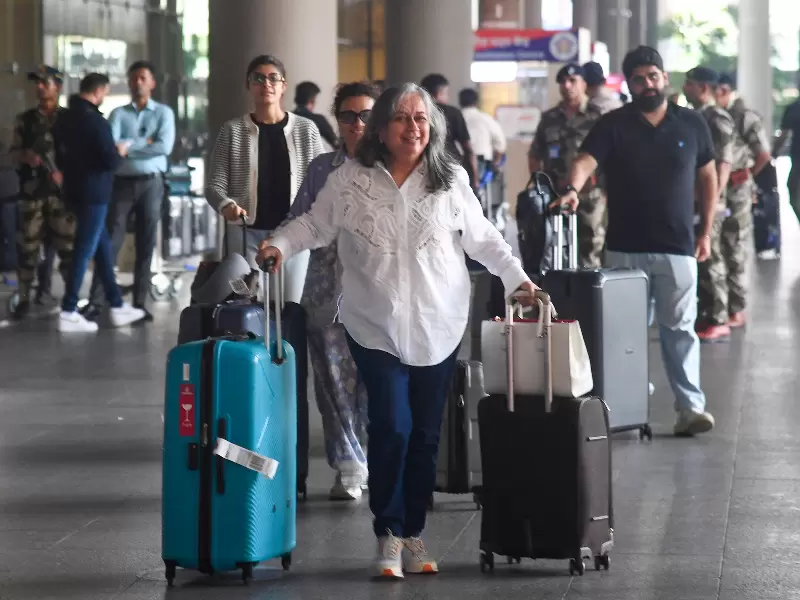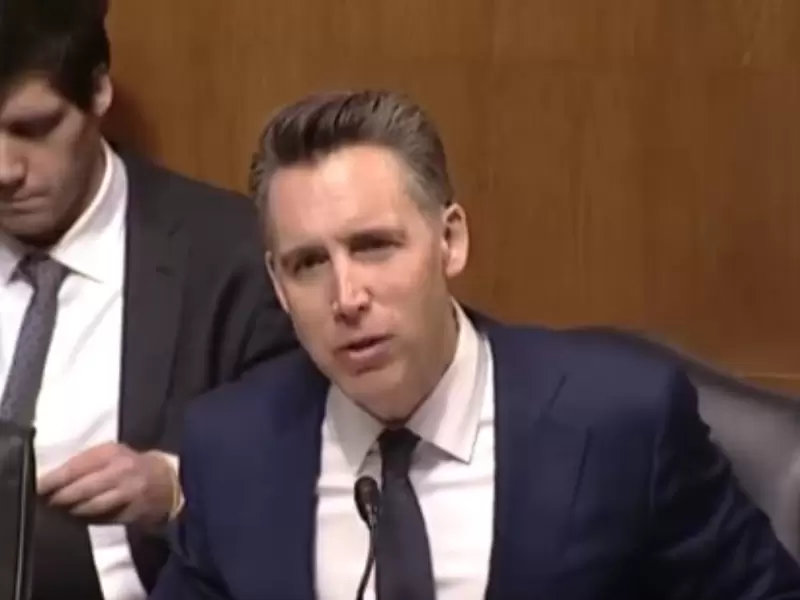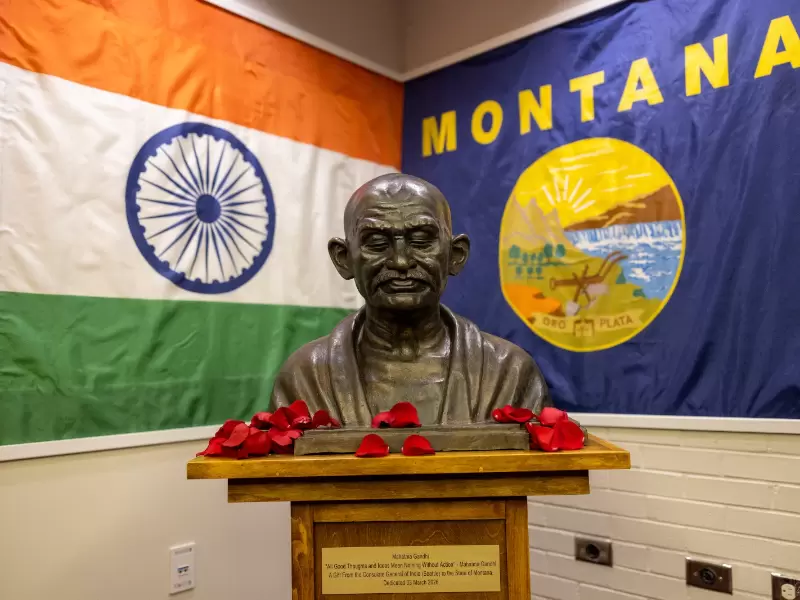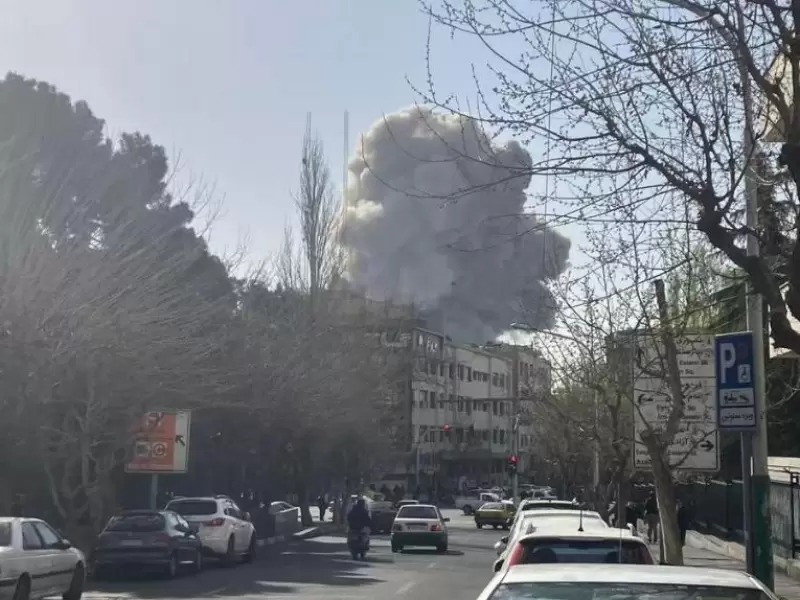Air Canada plans to cancel 500 flights by Aug. 15 ahead of looming strike
Mark Nasr, chief operations officer at Air Canada, said the complexity of the carrier's network, which operates over 250 aircraft on flights to over 65 countries, requires it to start winding down service now.
.JPG) Passengers walk past an Air Canada sign, ahead of a potential strike by flight attendants of the airline, at the Toronto Pearson International Airport in Mississauga, Ontario, Canada, August 14, 2025. / REUTERS/Kyaw Soe Oo
Passengers walk past an Air Canada sign, ahead of a potential strike by flight attendants of the airline, at the Toronto Pearson International Airport in Mississauga, Ontario, Canada, August 14, 2025. / REUTERS/Kyaw Soe Oo
Air Canada said on Aug. 14 it expects to cancel several dozen flights by day's end and around 500 flights by the end of Aug. 15 affecting 100,0000 passengers, ahead of a planned Aug. 16strike by its unionized flight attendants.
Mark Nasr, chief operations officer at Air Canada, said the complexity of the carrier's network, which operates over 250 aircraft on flights to over 65 countries, requires it to start winding down service now.
Also Read: Air Canada flight attendants to picket at four Canadian airports
A strike would hit the country's tourism sector during the height of summer travel and poses a fresh test for the ruling Liberal government under Prime Minister Mark Carney, which has been asked by the carrier to intervene and impose arbitration.
Air Canada and low-cost carrier Air Canada Rouge carry about 130,000 customers a day. Air Canada is also the foreign carrier with the largest number of flights to the U.S.
U.S. carrier United Airlines, a code share partner of Air Canada, said it has issued a travel waiver to help customers manage their travel plans.
Restarting Air Canada's operations would take a week to complete, Nasr told reporters in Toronto.
"It's simply not the kind of system that we can start or stop at the push of a button," he said. "So in order to have a safe and orderly wind down, we need to begin down."
FlightAware data shows Air Canada has, thus far, cancelled only four flights as of Aug. 14 morning.
Earlier in the day, Canadian Jobs Minister Patty Hajdu urged the country's largest carrier and union to return to the bargaining table to reach a deal that could avert disruptions.
A spokesperson for the Canadian Union of Public Employees, which represents the carrier's 10,000 flight attendants, said Air Canada negotiators are not bargaining and have not responded to a proposal they made earlier this week.
"We believe the company wants the federal government to intervene and bail them out."
CUPE has previously said it opposes binding arbitration.
Arielle Meloul-Wechsler, chief human resources officer at Air Canada, said the carrier never left the table.
"We are still available to bargain at any time on the condition that the negotiation has substance," she said.
The Air Canada executives were speaking at a press conference that ended abruptly due to protests by union members donning placards.
The dispute hinges on the way airlines compensate flight attendants. Most airlines have traditionally paid attendants only when planes are in motion.
But in their latest contract negotiations, flight attendants in North America have sought compensation for hours worked, including for tasks like boarding passengers and waiting around the airport before and between flights.
The union said Air Canada had offered to begin compensating flight attendants for some unpaid work but only at 50 percent of their hourly rate.
The airline said it had offered a 38 percent increase in total compensation for flight attendants over four years, with a 25 percent raise in the first year.
ADVERTISEMENT
ADVERTISEMENT
E Paper
Video




 Reuters
Reuters.jpg)













Comments
Start the conversation
Become a member of New India Abroad to start commenting.
Sign Up Now
Already have an account? Login